Serbia's lithium protest is about the rule of law
An interview with protest leader Savo Manojlovic
Climate technologies require enormous amounts of metal. I’m Ian Morse, and this is Green Rocks, a newsletter that doesn’t want dirty mining to ruin clean energy.
In the last two months of 2021, across Serbia, people crowded streets and raised banners. They held speeches and sometimes blocked roads and railways. On one night in Belgrade, as many as 20,000 people came out. The last time that happened, citizens were demanding the overthrow of the country’s dictator. This movement has been labeled anti-corruption as well as environmental. It has been likened to France’s yellow jacket movement.
In January, the protesters achieved one of their demands: the government halted plans to build lithium and borate mine in Jadar, in the northwest. It may only be temporary. Citizens want to hammer the final nail in the coffin with a 20-year moratorium on lithium and borate mining.
The project’s owner, multinational Rio Tinto, said the mine would produce enough lithium for more than a million electric vehicle batteries per year. Its borate minerals could make their way into solar panels and wind turbines. The mining conglomerate was ready to pour $2.4 billion into the project, hoping to be catapulted into the bustling lithium industry. It would also be Europe’s largest source of homegrown lithium, which leaders have touted in the competition over materials with China.
More than 1,000 miles from Rio Tinto’s corporate offices in London, many Serbian citizens aren’t willing to shoulder the environmental burden of another mine. For the project to go ahead, tens of thousands of people who have lived and farmed in the Jadar valley for generations would need to move, and the Drina river is likely to funnel minerals and metals toward other population centers. Mine waste would be stored on former farmland, where flash floods are common. A suite of Serbian scientists blasted the project, saying “The benefit for the state of Serbia is particularly unclear considering the fact that hardly any compensation could make up for such a massive spatial degradation and a permanent risk to the health and safety of the population.”
But for Savo Manojlovic, this is not only about the environment, but also the rule of law. He has guided protests as head of Kreni-Promeni, a civil society group that he says combines street protests and legal organizing to promote anti-corruption and environmental justice.
“You can’t have one man who decides this. We are not some Middle Age kingdom,” Manojlovic told me earlier this month.
The “one man” is President Aleksandar Vučić, who has said he laughs at protesters for passing up an opportunity at the riches the mine offers. The reign of Vučić’s party is almost absolute. Every municipality lies under its leadership, as well as 75% of parliament. The opposition party boycotted last election in 2020.
Rio Tinto had been putting pressure on landowners to sell their land for years. Under Vučić’s leadership, an amendment to a long-standing law allowed officials to confiscate private land for the national interest and give it to private companies. The law could have allowed Rio Tinto to appropriate a mining area in Jadar Valley, but the protests pushed the president to rescind the amendment in December. The fate of these proposed laws, however, is likely to be decided after the general election on April 3.
Manojlovic sees these moves through the lens of civil rights. He worked for six years at the constitutional court, then joined academia and finished his PhD last year. After taking a course with Marshall Ganz, a researcher of social movements, he approached his work with new eyes.
“When institutions don’t want to solve our problems, then we will solve it on the street,” he says.
Kreni-Promeni joined with local organizations around Jadar after farmers there had taken to the streets in the end of 2020 (when Green Rocks first started tracking the project). They began using the tools guaranteed by Serbia’s constitution: they issued legal argumentation, submitted petitions with almost 300,000 signatures, and organized “regular protests.” They were told to voice their concerns in elections, but the political opposition deemed recent elections illegitimate.
“They didn’t listen, so we blocked the railways,” Manojlovic says. A common protest slogan is “Serbia is not for sale.” Kreni Promeni reached out to famous actors and influencers for support, and the movement spread quickly. Manojlovic had to clarify to media that he would not run for president.
Serbia is one of Europe’s most polluted countries as a result particulates released into the air and water from waste dumps, mining, minerals processing, and coal-fired power plants. The WHO says a primary source of air pollution is a dated transportation fleet: old cars. Decarbonizing the transportation sector would likely reduce the thousands of premature deaths annually from air pollution. President Vučić has said he would promote the construction of a domestic battery manufacturer, but most lithium mined is likely to leave its borders.
This pollution has created a formidable barrier for the country’s entry into the European Union. The EU has influence over Serbia because of its candidacy for membership, and because it is currently developing rules that could place high standards on any batteries and their materials coming into the bloc. At the same time, activists have said candidacy has pushed Serbia to deregulate and prop up private businesses like Rio Tinto. The EU has been silent on the protests and the fate of Rio Tinto’s project.
Over the course of last year, Rio Tinto aired ads that declared “Together we have the chance to save the planet.” Kreni-Promeni chose to take out its own ad and crowdsourced funds that would buy just one. When the state TV channel learned what it would be about, it stopped responding to calls. So Kreni-Promeni protested outside its building and aired the ad. It starts off with a bang.
“So now it’s a battle of two narratives, and they have more resources of course,” Manojlovic says. Tabloids have called opponents of the mine “crazy” and accused Manojlovic of plotting a coup against the president.
Jadar is not the only area where companies are exploring lithium and borates. On Tuesday, Manojlovic was in Kragujevac, where another company has exploration permits. On Thursday night, Kreni Promeni plans again to demonstrate in Belgrade for a moratorium on lithium and borate mining that would last 20 years.
“In the next 10 or 20 years, maybe I will pass Jadar with my son or daughter and show that and explain what people did to save that area,” he says.







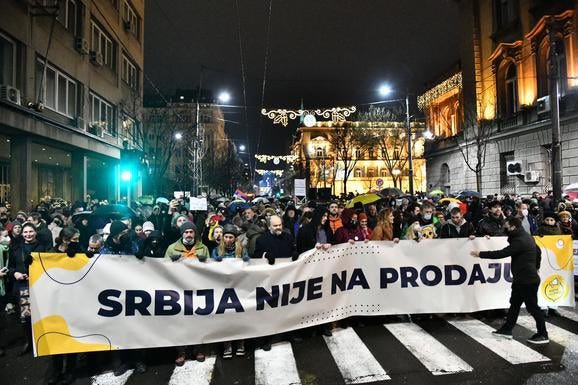
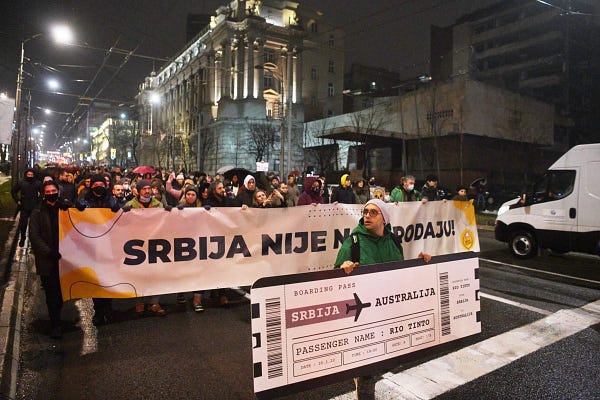
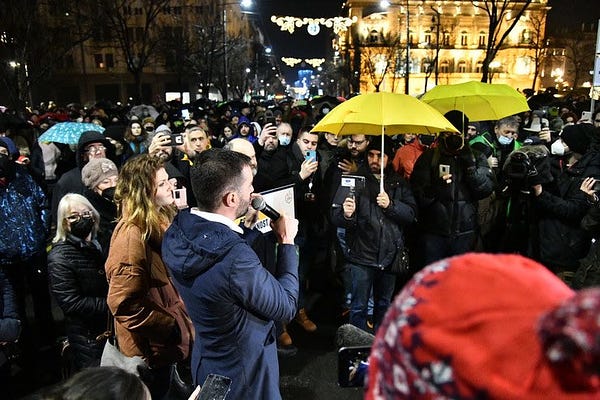
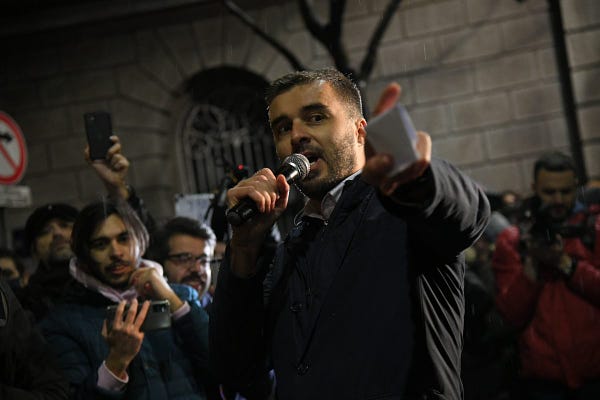
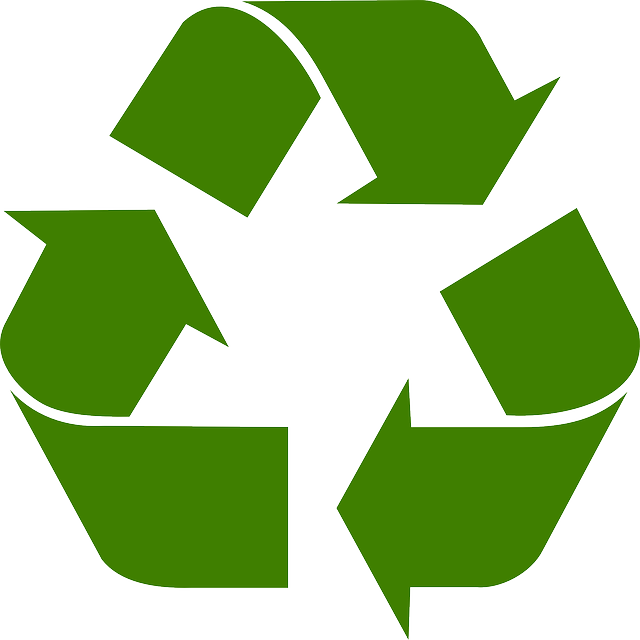
Ian's writing is always filled with important information and easy to read, even for us novices. Thanks for all you do, Ian!